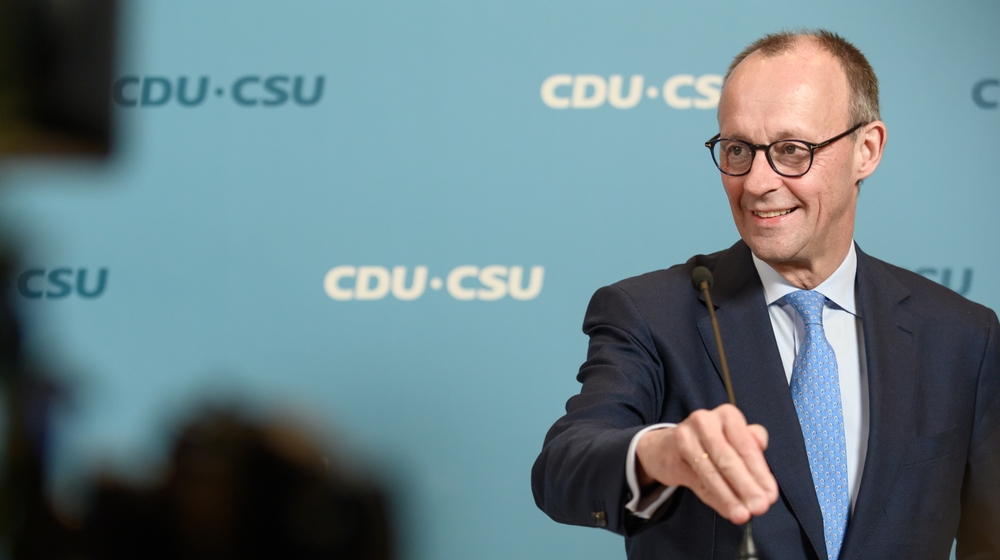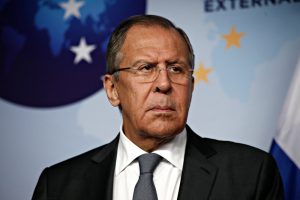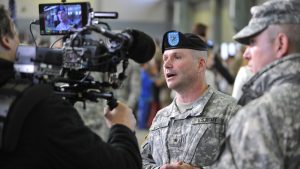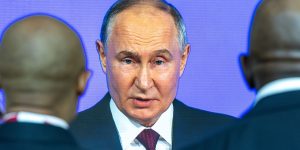Germany’s incoming chancellor, Friedrich Merz, announced plans to travel to Washington soon for talks with U.S. President Donald Trump, as tensions remain high over transatlantic trade.
Others are reading now
Germany’s incoming chancellor, Friedrich Merz, announced plans to travel to Washington soon for talks with U.S. President Donald Trump, as tensions remain high over transatlantic trade.
While no date has been finalized, Merz confirmed the meeting in an interview with ARD on Wednesday, saying, “We will see each other soon,” as reported by Digi24.
Before the trip, Merz emphasized the importance of consultations within the European Union, particularly concerning customs tariffs, adding that his mission is to represent the interests of the entire EU, not just Germany. “My priority is Europe,” he said.
A Unified EU Response to Trade Conflict
Speaking to ZDF, Merz attributed Trump’s recent decision to suspend newly imposed tariffs for 90 days to the EU’s united stance on the matter.
Also read
He framed the move as a diplomatic victory for Europe’s collective approach, noting that while the EU is prepared to negotiate, it is also determined to defend its economic interests.
The temporary suspension follows Trump’s announcement of sweeping “reciprocal tariffs” aimed at European exports — a move that rattled markets and prompted swift pushback from Brussels.
Merz’s comments signal a shift in tone, aiming to open channels of communication without backing down.
“Europe is ready to negotiate,” he said, “but we will also protect ourselves in this global trade dispute.”
Merz to Lead New German Coalition
The visit would mark Merz’s first major diplomatic move as chancellor-in-waiting, after securing a coalition deal on Wednesday between his CDU/CSU bloc and the center-left Social Democrats (SPD).
The agreement ends weeks of negotiations following February’s federal elections.
Merz is expected to take office in the coming weeks, succeeding Olaf Scholz.
The coalition faces a challenging international landscape, with Germany under pressure to stabilize its export-driven economy amid growing geopolitical uncertainty.
His upcoming U.S. trip may be a crucial early test of his diplomatic leadership — and of Europe’s ability to maintain leverage in its relationship with Washington.








